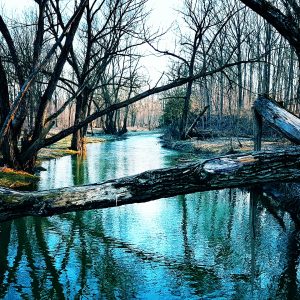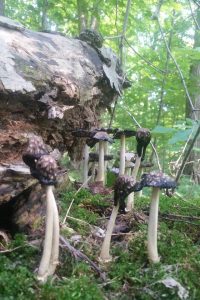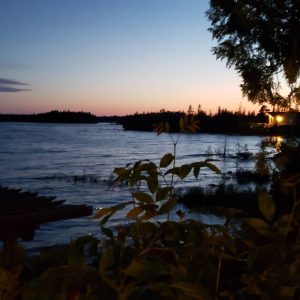Land Acknowledgement
Land Acknowledgement
 My name is Kristen Cavanagh and my ancestors from Scotland and Ireland immigrated to this land 200 years ago settling in areas now called Petrolia, Tilbury, London and Lambeth. I would like to acknowledge the traditional, ancestral, unceded territory of the Anishinaabe, Lotinuhsyuní and Lenape people of southwestern Ontario where I have spent most of my life, called “home” and where we are gathering and learning for this course.
My name is Kristen Cavanagh and my ancestors from Scotland and Ireland immigrated to this land 200 years ago settling in areas now called Petrolia, Tilbury, London and Lambeth. I would like to acknowledge the traditional, ancestral, unceded territory of the Anishinaabe, Lotinuhsyuní and Lenape people of southwestern Ontario where I have spent most of my life, called “home” and where we are gathering and learning for this course.
I think it’s important to acknowledge the land because growing up as an immigrant here, this land provided food, water and shelter that sustained my family, encouraged community building and over time, provided me with the best memories of childhood; exploring fields and forest with friends, learning about fishing from my grandfather and learning to divine water from my mother.
My community was located near three government established reserves and so in grade six, students from these communities were sent by bus, to a non-traditional environment that was often challenging. Sent by bus, having time outside our classroom for traditional learning within our school, it was easy to see these students as “other”. They were outsiders, coming into our community.

This helped make it convenient to historicize Indigenous struggles. I studied Indigenous history at Huron College and it became the focus of my teacher education. I worked for a year learning and then teaching educational workshops, acting as a historical interpreter at the Lawson Museum of Archaeology, on the traditional territory of the Neutral people. I spent months walking those lands, seeing the historic artifacts, passing on information to visitors, not recognizing that this is a story I can never properly tell. I continued to view this as Indigenous “history”, a past that could be captured in resurrected longhouses and indoor glass displays, opened for business and closed, possibly made easier by not recognizing the story I was telling includes the fact that through colonization, war, and displacement, it was a story of genocide.
I spent time living among the indigenous people of Australia and Fiji and then began a career teaching, living and working on the west coast with Kitselas and Kitsumkalum people on the unceded Tsimshian territories. I began to see beyond books and history, to here and now: peoples who respected the land, the water, the plants and animals and valued tradition and oneness with spirit, in all these places.
 The last few years, the reality of mass residential school burial sites, the continued indifference to missing Indigenous women, undrinkable water conditions, have brought “history” very much into the present. My promise is that as I continue to walk this path, to not turn away from what I see and hear but to live in the discomfort of this reality and listen with my heart to the stories, from those who have the right to tell them. I acknowledge the part my family has had in believing this was about someone who was other, and not part of our common humanity and I promise to continue to unlearn and learn.
The last few years, the reality of mass residential school burial sites, the continued indifference to missing Indigenous women, undrinkable water conditions, have brought “history” very much into the present. My promise is that as I continue to walk this path, to not turn away from what I see and hear but to live in the discomfort of this reality and listen with my heart to the stories, from those who have the right to tell them. I acknowledge the part my family has had in believing this was about someone who was other, and not part of our common humanity and I promise to continue to unlearn and learn.
As an online resource, it is within our power to attempt to write a more inclusive narrative and I encourage discussion and feedback so we can tell a more accurate story. We must recognize the oppression that has dispossessed Indigenous people of their lands and denied their rights to self-determination, but only if we don’t close our eyes, and start to listen with our heart.
Photos by Kristen Cavanagh

